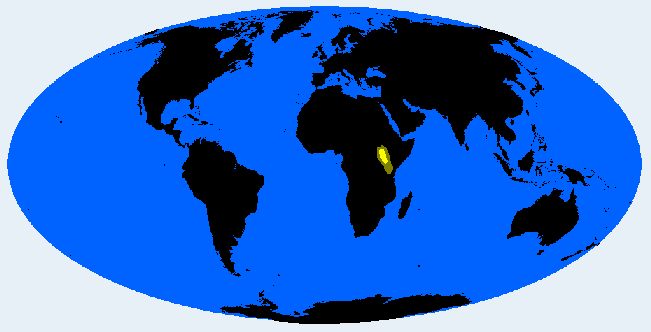Description
Ancient South Ethiopid subtype, influenced by Nilo Hamitic and possibly Sandawe. Has probably been isolated in a remote region west of Lake Turkana some centuries ago. Only from the 15th century on they started to migrate south deep into Kenya and Tanzania, where they are found today.
Typical for Maasai people, sometimes in related tribes, e.g. Samburu, Dorobo, Okiek, and Lotuko. The Maasai represent an ancient population that has maintained distinctive physical characteristics through relative isolation before their southward migration.
Physical Traits
Skin: Dark brown
Hair: Kinky or tight-curly
Height: Tall
Build: Ectomorph, hyperbrachyskelic
Skull: Dolichocephalic
Skull height: Chamae-orthocranic
Nose: Long, mildly leptorrhine
Nose shape: Straight or convex
Body hair: Scant
Lips: Relatively full
Eyes: Narrow, sometimes pseudo-Mongoloid
Prognathism: Mild, possible
The Maasai type is characterized by dark brown skin and kinky or tight-curly hair. The build is notably tall with hyperbrachyskelic (very short-legged) proportions and ectomorphic (lean) physique. The skull is dolichocephalic (long) and chamae- to orthocranic (low to medium height).
The nose is long and mildly leptorrhine (narrow), often straight or convex in profile. Body hair is scant, while lips are relatively full. The eyes are characteristically narrow and may sometimes appear pseudo-Mongoloid, a distinctive feature of this type. Mild prognathism (forward jaw projection) is possible but not pronounced.
Literature References
The Maasai type has been variously interpreted in anthropological literature, with different authors classifying it as an Ethiopid subtype, a Europid-Nilotid blend, or as part of broader South Ethiopid or Nilo Hamitic classifications.
- Biasutti (1967) - Defined the Maasai as an Ethiopid subtype
- Lundman (1967) - Interpreted as a very ancient, stabilised Europid-Nilotid blend
- Eickstedt (1943, 1951) - Often included in South Ethiopid
- Knussmann (1996) - Included in South Ethiopid classification
- Cole (1965) - Included in Nilo Hamitic classification
- Baker (1981) - Regarded as a mix of South Ethiopid and Nilo Hamitic






